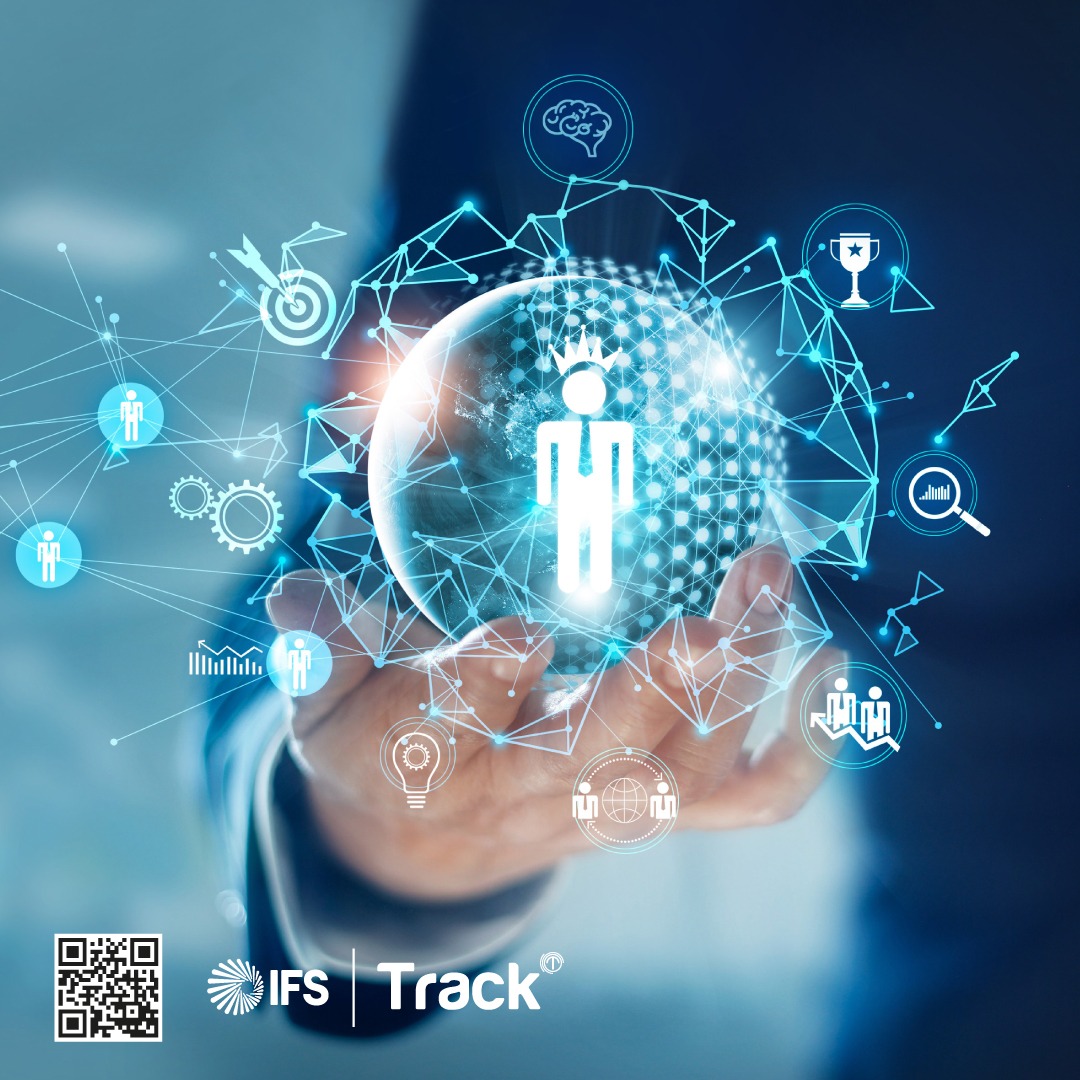- Cloud-based ERP
- Mobile ERP
- Artificial Intelligence and Machine Learning
- Internet of Things and Big Data
- Social ERP
- Industry-specific ERP
1 Cloud-based ERP
One of the most noticeable changes in ERP software is the shift from on-premise to cloud-based solutions. Cloud-based ERP offers many advantages over traditional ERP, such as lower upfront costs, faster deployment, scalability, flexibility, and accessibility. Cloud-based ERP also enables real-time data analysis, collaboration, and integration with other cloud services and applications. Cloud-based ERP can help your business reduce operational complexity, improve efficiency, and leverage the power of the cloud.
2. Mobile ERP
Another major change in ERP software is the adoption of mobile devices and applications. Mobile ERP allows users to access and update data, perform tasks, and monitor processes from anywhere and anytime. Mobile ERP also enhances communication, productivity, and customer service. Mobile ERP can help your business increase agility, responsiveness, and competitiveness in the dynamic market.
3. Artificial Intelligence and Machine Learning
Artificial intelligence (AI) and machine learning (ML) are transforming the way ERP software works and delivers value. AI and ML can automate repetitive and tedious tasks, optimize workflows and resources, generate insights and predictions, and enhance decision making and problem solving. AI and ML can help your business improve performance, quality, innovation, and customer satisfaction.
4. Internet of Things and Big Data
Internet of Things (IoT) and big data are also reshaping the ERP software landscape. IoT refers to the network of connected devices and sensors that collect and transmit data. Big data refers to the massive volume and variety of data that can be analyzed and used for various purposes. IoT and big data can enrich the ERP software with more data sources, types, and dimensions. IoT and big data can help your business gain deeper understanding, visibility, and control over your processes and outcomes.
5. Social ERP
Social ERP is another emerging trend in ERP software that integrates social media and networking features into the ERP system. Social ERP can facilitate communication, collaboration, and feedback among internal and external stakeholders, such as employees, customers, suppliers, and partners. Social ERP can also enable social listening, engagement, and analytics to improve customer relationships and loyalty. Social ERP can help your business foster a culture of teamwork, innovation, and customer-centricity.
6. Industry-specific ERP
Finally, one of the most important changes in ERP software is the development of industry-specific solutions. Industry-specific ERP caters to the unique needs, challenges, and opportunities of different industries, such as manufacturing, retail, healthcare, education, and more. Industry-specific ERP can provide customized features, functions, and best practices that suit the industry standards and regulations. Industry-specific ERP can help your business achieve higher efficiency, compliance, and differentiation in your niche market.

